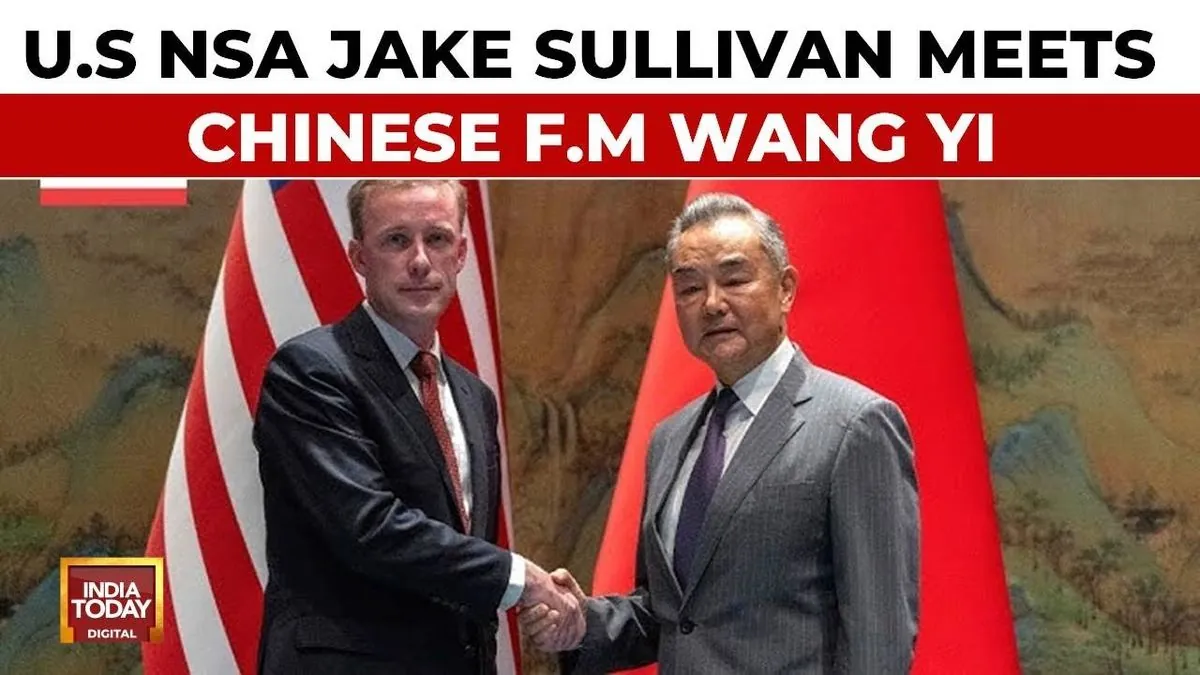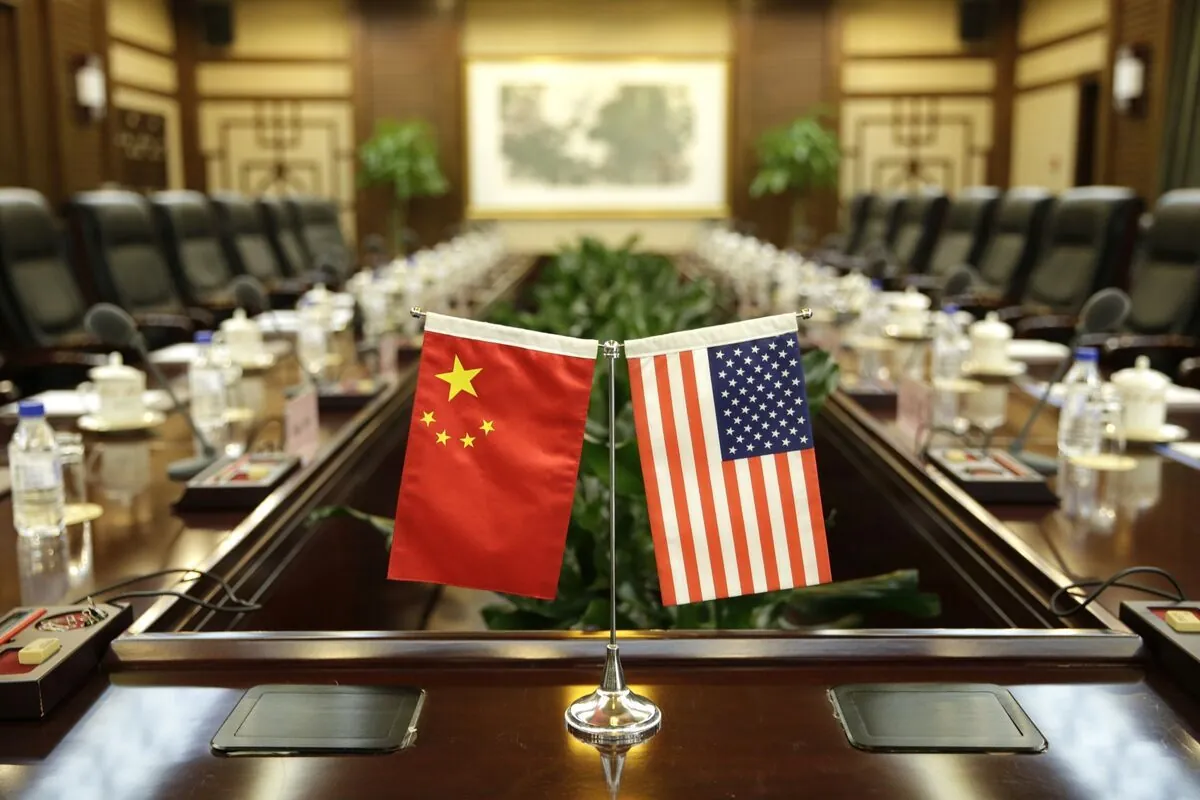US and China Agree to Expand Military Talks Amid Ongoing Tensions
US and China plan more military discussions following talks between top officials. Both sides aim to manage strategic competition and improve communication during a critical period in bilateral relations.

Jake Sullivan, the United States National Security Advisor, and Wang Yi, China's top diplomat, concluded two days of discussions in Beijing on March 28, 2024. The talks resulted in an agreement to expand military communication channels, addressing a key priority for Washington amidst heightened tensions in the Taiwan Strait and South China Sea.
The meetings, held at a secluded lakeside resort near Beijing, marked the fifth encounter between Sullivan and Wang since May 2023. This series of discussions has become a crucial component of diplomatic efforts to find common ground in a relationship that has frequently approached critical lows in recent years.

One significant outcome of the talks was the agreement to conduct video calls between military theater commanders at an "appropriate time." This development aligns with Washington's goal of establishing direct lines of communication to mitigate potential conflicts.
Wang Yi emphasized the need for the United States to respect China's sovereignty claims and political system. He also called for an end to what China perceives as U.S. suppression in economics, trade, and technology sectors.
The discussions also touched upon the possibility of a meeting between the two countries' leaders in the near future, although specific details were not provided.
"The United States should stop suppressing China in economics, trade and science and technology."
China's approach to these talks reflects its awareness of the upcoming U.S. presidential election on November 5, 2024. Beijing views Sullivan's visit – the first by a White House National Security Advisor in eight years – as a positive step in managing bilateral relations during a politically sensitive period.
The diplomatic efforts spearheaded by Sullivan and Wang laid the groundwork for the November 2023 meeting between President Biden and Chinese leader Xi Jinping in San Francisco. That summit resulted in agreements to restore high-level military communication and collaborate on curbing the flow of illegal fentanyl precursors from China to the United States.
Despite these positive developments, challenges persist in the U.S.-China relationship. Recent incidents, such as the clash between Chinese and Philippine coast guard vessels in the South China Sea, highlight ongoing tensions. The United States condemned this incident, supporting its long-standing security ally, the Philippines.
China remains wary of U.S. efforts to strengthen alliances in the Asia-Pacific region, viewing such actions as attempts to create an "Asian NATO." Additionally, Beijing has expressed concerns over U.S. export controls targeting advanced technologies with military applications, particularly in the field of artificial intelligence.
As the relationship between the world's two largest economies continues to evolve, the importance of sustained, high-level communication cannot be overstated. While major breakthroughs may be unlikely before the U.S. presidential election, these talks demonstrate a commitment from both sides to manage strategic competition and prevent unintended escalations.


































